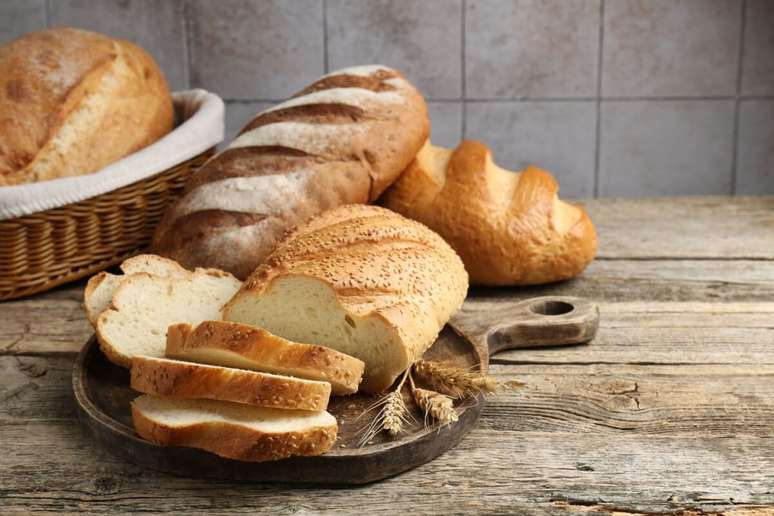The expert teaches parents to motivate their children to do the housework they consider “boring”
Who ever said to their children the famous phrase: “Are you finished playing? Now is the time to tidy up!”. It is almost always followed by a resounding “Ahhhh …” or “How boring!”. The truth is, there is still a lot of weight when it comes to organizing for children. However, as well as being very important in their training, it can be fun, inclusive and positive for the little ones. This “magic” can – and must – begin very early in our children’s lives. A little persistence is enough to put it into practice.
Personal Organizer Specialist in Detachment and Wellness Nalini Grinkraut has listed some easily accessible techniques and practices that will help parents establish a closer relationship between their children and housekeeping, which will benefit the conviviality and energy of the home.
1 – Ask the children to help with simple tasks and things they love to do. “Don’t start by asking them things they don’t like very much, because that can generate more resistance,” says the expert.
2 – Appreciate their help. “Children are often very happy when they feel encouraged, useful and appreciated,” she says.
3 – Gradually increase the children’s homework according to their age. “In the course of development she will become more independent and acquire more autonomy, which could lead her to take on more responsibilities within her home,” explains Nalini.
4 – Be the example. “It is very important that your child also sees you doing the activities. Children learn a lot more from the way we behave and act than from what we say,” she stresses.
5 – Try to make these activities something natural. “Many people treat” making the bed “as if it were an extraordinary event. Returning an item, washing dishes, throwing dirty laundry in the basket cannot be seen as important events. If you treat them as part of your routine, just like brushing your teeth, everything becomes much easier “, says the specialist.
6 – Create organizational routines when your child finishes activities. “From an early age, they can help collect toys that were used while they played. Before moving on to the next activity with the children, save what was in use,” says the expert.
7 – Use the game as a light way to teach you how to save. “Suggest a song to sing on the assignment, run a contest with the kids to see who saves it faster, and hear their ideas on how to make this moment more fun,” he points out.
8 – Rotate the toys. “When children have all options in sight at the same time, they end up getting tired and feeling that their toys can lose their fun. In addition, the excess of toys generates anxiety in children and even hinders when it comes to storage and keep order, “says Nalini.
9 – Teach your kids to let go. “If they usually get a lot of toys or when you realize the closet is filling up, encourage your kids to donate toys.
10 – Let the children have fun! “Messing up is part of their nature. We shouldn’t repress them just because we don’t want our homes to be messed up. Learning for life includes playing and messing, as well as teaching how to care for and maintain it!” She adds.
According to the personal organizer, author of the book Tidy house, light lifeincluding children in household activities from an early age will save parents from overexertion in the future, as well as guarantee the much-needed autonomy in the lives of the little ones.
+The best content in your email for free. Choose your favorite Earth Newsletter. Click here!
Source: Terra
Benjamin Smith is a fashion journalist and author at Gossipify, known for his coverage of the latest fashion trends and industry insights. He writes about clothing, shoes, accessories, and runway shows, providing in-depth analysis and unique perspectives. He’s respected for his ability to spot emerging designers and trends, and for providing practical fashion advice to readers.







